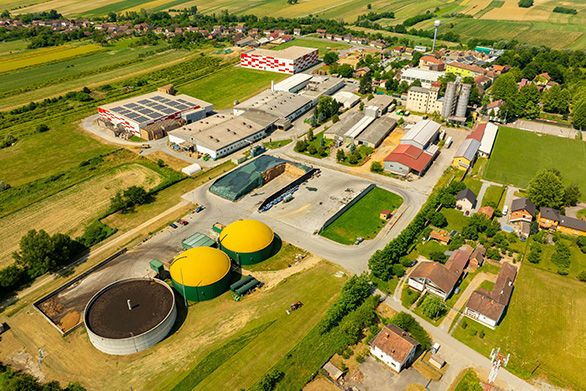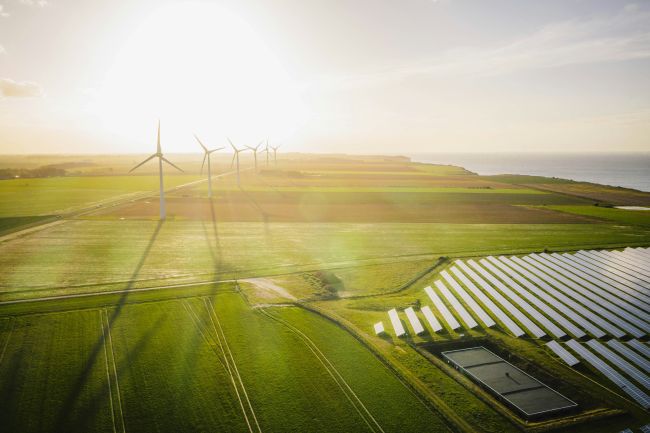De-bunking the Myth of Price Parity in EV Adoption - Ep. 2
Governments around the world have sparked what will become one of the largest technology transitions in history.

By acknowledging a climate emergency and banning the future sale of new diesel and petrol-powered vehicles (ICE), governments around the world have sparked what will become one of the largest technology transitions in history. Given the mandated penetration of EVs within new car sales and ageing out of older ICEs, we can expect a nearly 100% global electric car parc by 2050.
In my previous article, 'De-bunking the Myth of Consumer Preference in EV Adoption' I described how the tension between government policy and manufacturing capacity will drive the adoption of EVs far more than will consumer choice. However, the persistence of some associated myths around EV adoption can confuse investor commitment.
Myth - Price Disparity Inhibits Adoption of Electric Vehicles
Many comment that EVs are too expensive and that broader adoption will require manufacturers to offer price parity with ICE alternatives. While we can acknowledge that regulation is a much stronger determinant of EV adoption, this assertion around consumer price sensitivity requires further exploration.
EVs blur the distinction between cost categories. While the vehicle is more expensive (at least for now), it’s far less expensive to fuel and maintain. In effect, drivers opting for an EV are pre-paying for a portion of their running expenses.
| BMW X3 | BMW iX3 | Peugeot 208 | Peugeot e208 | ||
| Fuel | Petrol | Electric | Petrol | Electric | |
| Cost | £1.50 /l | £0.37 /kWh | £1.50 /l | £0.37 /kWh | |
| Lease (1+48) | £744 | £952 | £356 | £404 | |
| Maintenance Plan | £56 | £40 | £38 | £31 | |
| Fuel | £155 | £122 | £116 | £100 | |
| Monthly TCO | £954 | £1,113 | £510 | £535 | |
| Lease Premium | 28% | 13% | |||
| TCO Premium/ (Discount) | 17% | 5% |
As reflected in the table above, the EV versions of a luxury BMW and compact Peugeot demonstrate market-based lease premiums of 28% and 13% (largely a function of their retail prices). However, when including market-based costs for maintenance and fuel (often referred to as a total-cost-of-operations or TCO analysis), those premiums come down to 17% and 5%, respectively.
Furthermore, while the uptake of EVs in new car sales has exploded from rather tepid uptake through 2019 to nearly 25% last year, much of this penetration has been within company car, salary sacrifice, and other tax-efficient schemes. These schemes incorporate a benefit-in-kind tax break that further reduces the EV’s TCO. As a result, the penetration of EVs within company-registered cars is 9x that within privately registered cars.
A New Normal
Ultimately, it’s expanding competition for market share that will ultimately drive down the retail price of EVs, establishing a new normal in the cost of car travel.
Regulation prohibiting the future sale of new ICEs is revolutionising the global car manufacturing sector. Not only must established makers radically shift to EV production, but their market leadership is threatened by newer and more EV-focussed manufacturers. In fact, Chinese BYD is now the world’s largest maker of electric vehicles.
While consumer preference ultimately has far less impact on our transition to an EV future than does government regulation, even now, while drivers still have a choice between EV and ICE, it doesn’t seem that higher retail prices are inhibiting adoption. Particularly within those tax efficient structures, government subsidy supplements fuel and maintenance savings to approach parity in TCO if not retail price. With an explosion in new EV registrations, drivers seem to be snapping up every EV that manufacturers can produce.
Catch up on our Steer New Mobility: Busting Myths - EV Vehicles series...
























